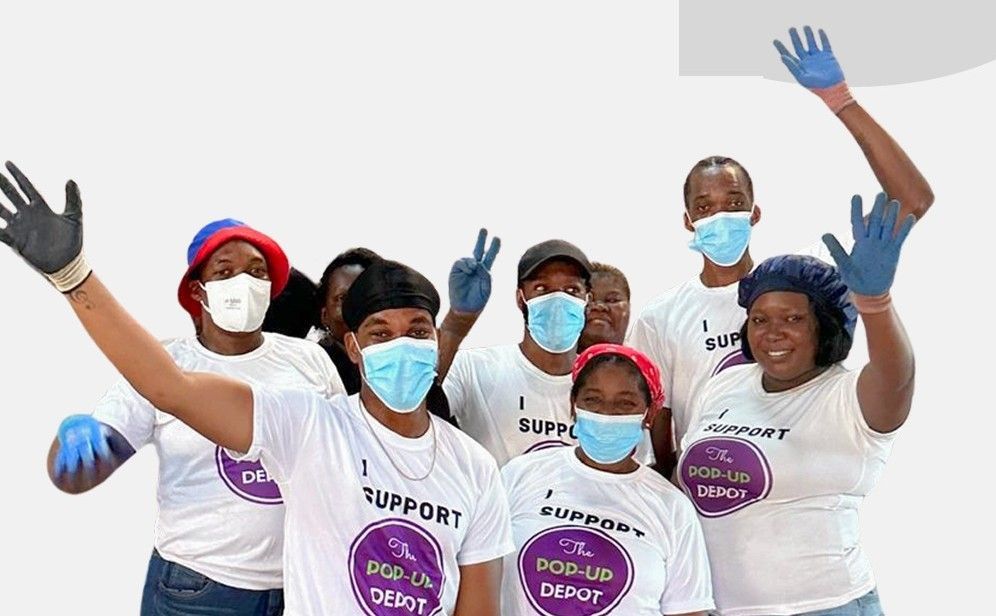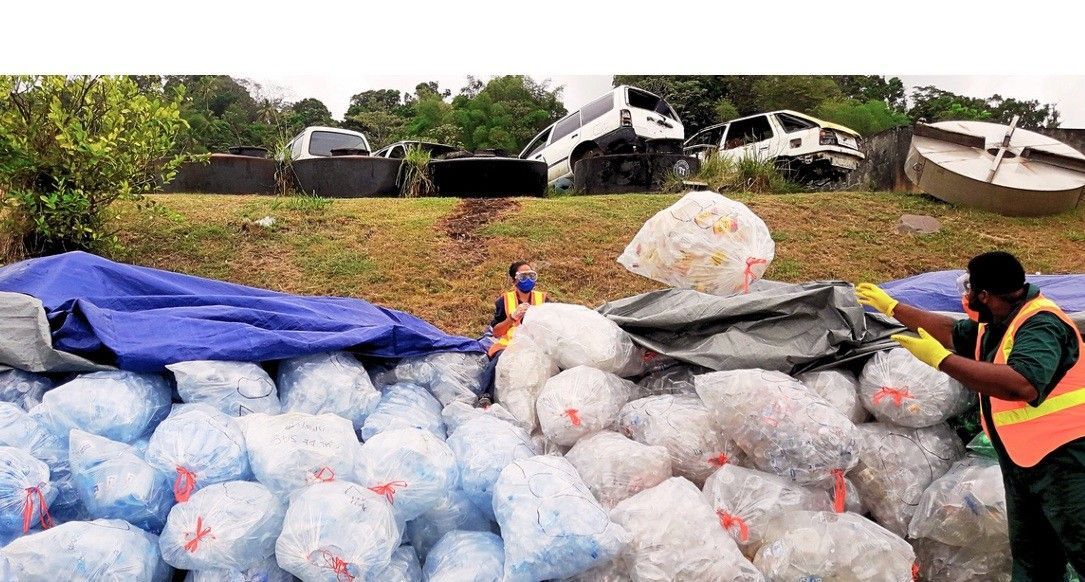
A pioneering Saint Lucian green enterprise, JUA KALI LTD., has successfully concluded its groundbreaking Pop-Up Depots Pilot Project, diverting 24,288 kilograms of recyclable materials from the Deglos Sanitary Landfill.
The eight-year initiative not only showcased the island’s first decentralised, reward-based system for collecting household recyclables but also proved the power of pub- lic-private partnerships in advancing national resource recovery efforts.

The project’s end marks a pivotal moment for JUA KALI, which has spent the last five years navigating complex operational hurdles to bring this ambitious pilot to a suc- cessful close and lay the groundwork for Saint Lucia’s advancement to a circular economy.
Originally launched in 2017 and scaled in 2019, the pilot brought together over 11 public and private sector enti- ties to test a locally adapted model that rewarded Saint Lucians for participating in household recycling.
Central to this incentive-based approach was a flagship partnership with Massy Stores Saint Lucia, who spent over a year working with JUA KALI to integrate their Loy- alty Rewards system into the initiative. This partnership was critical to the pilot’s success, establishing the reward infrastructure that encouraged wide-scale public participation.
Another key enabler was the Saint Lucia Solid Waste Management Authority (SLSWMA), who provided space at the Material Recovery Facility (MRF) that allowed for secure storage of approximately 480,000 cubic feet of recyclables.

This helped protect the material from environmental degradation over several years, preserving its quality for export and reuse. The Authority also provided critical logistical support to ensure the timely extraction of recy- clables from the facility w Paragraph

